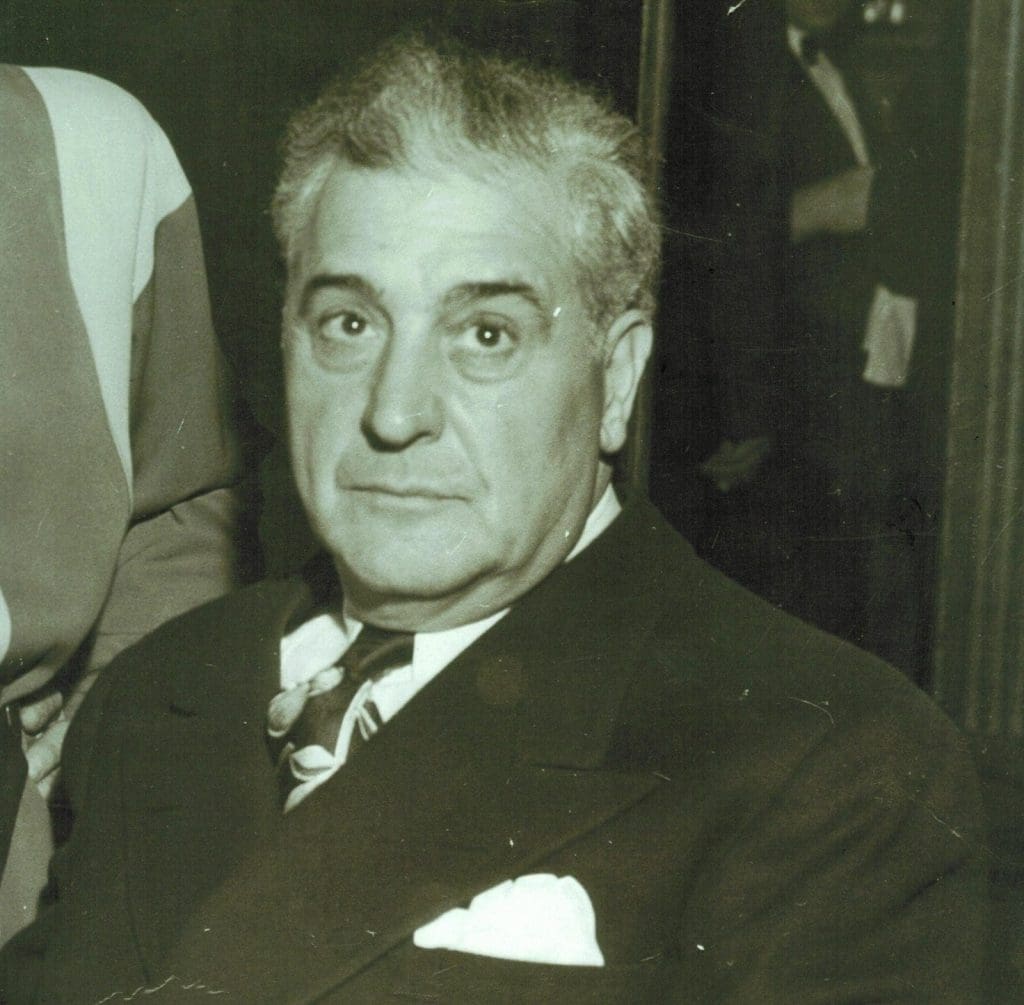Richie “The Boot” Boiardo is among the most notorious mafia icons in New Jersey history. He was a high-ranking capo in the Genovese crime family of New Jersey for several decades in the middle of the 20th century. Richie was also one of the most feared mob bosses in all of the Garden State. He was considered by many to be the king of the criminal underworld in Newark.
Despite not wanting attention from the press, The Boot’s reputation created a lasting legacy. David Chase, creator of the hit television series, “The Sopranos,” said that Richie and his family were core inspirations behind the Soprano family. The Boot himself even believed that he was the primary influence behind Vito Corleone’s character in the famous book and subsequent movie franchise, “The Godfather.” But what made Richie so unique, and how significant was his influence on these pop culture staples? Let’s find out.
Becoming “The Boot”
Richie “The Boot” was born Ruggiero Boiardo in December of 1890 in Naples, Italy. His family immigrated to the U.S. in 1901 and eventually settled in Newark, New Jersey. Richie’s family wasn’t a part of the criminal underworld, but ultimately, Richie would find his way into its grasp. Around the mid-1910s, when Richie was in his 20s, he secured a Newark milk route after some minor run-ins with the law. Soon after, Richie would sell more than milk on his routes, eventually adding illegal lottery tickets to the mix and solidifying his criminal reputation in the process.
In the 1920s, Prohibition hit, and as you probably know, it sprouted massive illegal bootlegging operations around the U.S. The Boot made a name for himself in the bootlegging world as he learned the business from gang leaders John and Frank Mazzocchi. As the 1930s rolled around, The Boot had formed his own crew. He had also become a made man as a full member of the Luciano crime family, created by one of the most notorious mobsters of all time, Lucky Luciano. Around this time, Richie would make some, let’s just say, “pivotal moves” (of which we’ll touch on later) that led to him becoming one of the bootlegging kings of Newark.
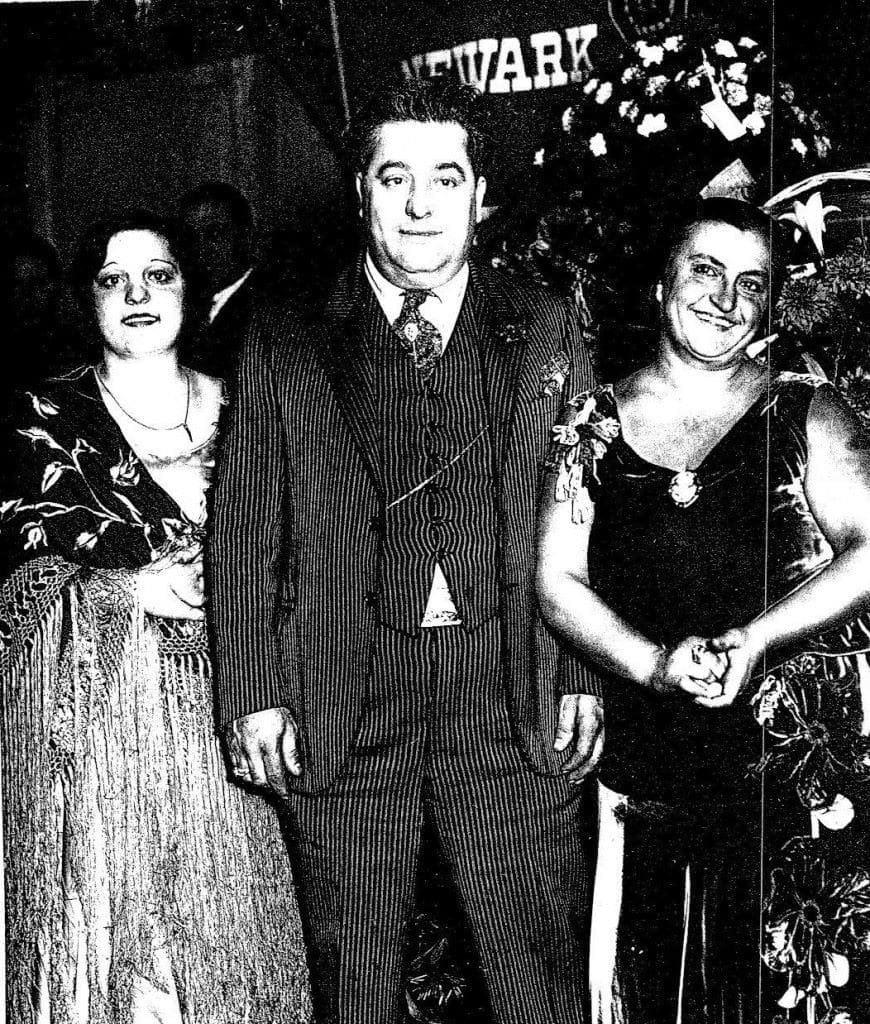
The Don of Newark
Richie’s crew would run the Newark crime scene for decades, particularly at the Port of Newark. They engaged in criminal activities such as racketeering, theft, loan-sharking, gambling, and more. In 1957, Richie’s Luciano family would become a part of the famed Genovese family under Vito Genovese. Two years later, following the death of Abner Zwillman, The Boot’s main rival for years in Newark, Richie would become the undisputed mafia boss of the city.
As the late ‘60s rolled around, things started to go downhill for Richie and the rest of the Boiardo family. The Boot was almost 80 and intent on retiring, but couldn’t entirely escape the mafia’s grasp as his son, Anthony “Tony Boy” Boiardo, struggled to run the family. Then, in April of 1969, Richie was convicted of conspiracy to violate gambling laws and sentenced to two-and-a-half to three years in state prison. The Boot would eventually get out of prison, but his family was never the same. Even so, Richie remained boss until he died on October 29, 1984, at the age of 93.
Notable Moments and Facts
While Richie “The Boot” Boiardo’s reign of six decades is undoubtedly rare and notable in the mafia world, it’s his other “superlatives,” if you will, that cemented him as one of the most notorious criminals in the history of New Jersey.
The Boot was once shot 12 times, yes 12, and survived. It happened in the early 1930s, and the retaliation by Richie, those “pivotal moves” I mentioned before, would include the execution of the Mazzocchi brothers. At the time, the press figured The Boot’s arch-rival Abner Zwillman for the attempted murder. But it seems The Boot knew the real culprits. He proceeded to order the killing of the Mazzochi brothers and establish himself as a leader of bootlegging in Newark.
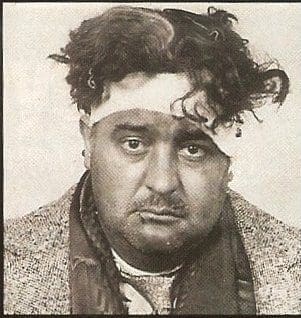
Richie Boiardo, for those on the outside, was arguably more known for his massive estate than his criminal dealings. In fact, in the mid-60s, against The Boot’s wishes, Life magazine ran a featured story on the home, labeling it as “Transylvanian traditional.” There was a sizeable garden, one of The Boot’s biggest passions in life. But behind said garden, near the rear of the compound, was a large furnace. Though never officially confirmed, it’s believed this furnace was used to burn people, alive and dead.
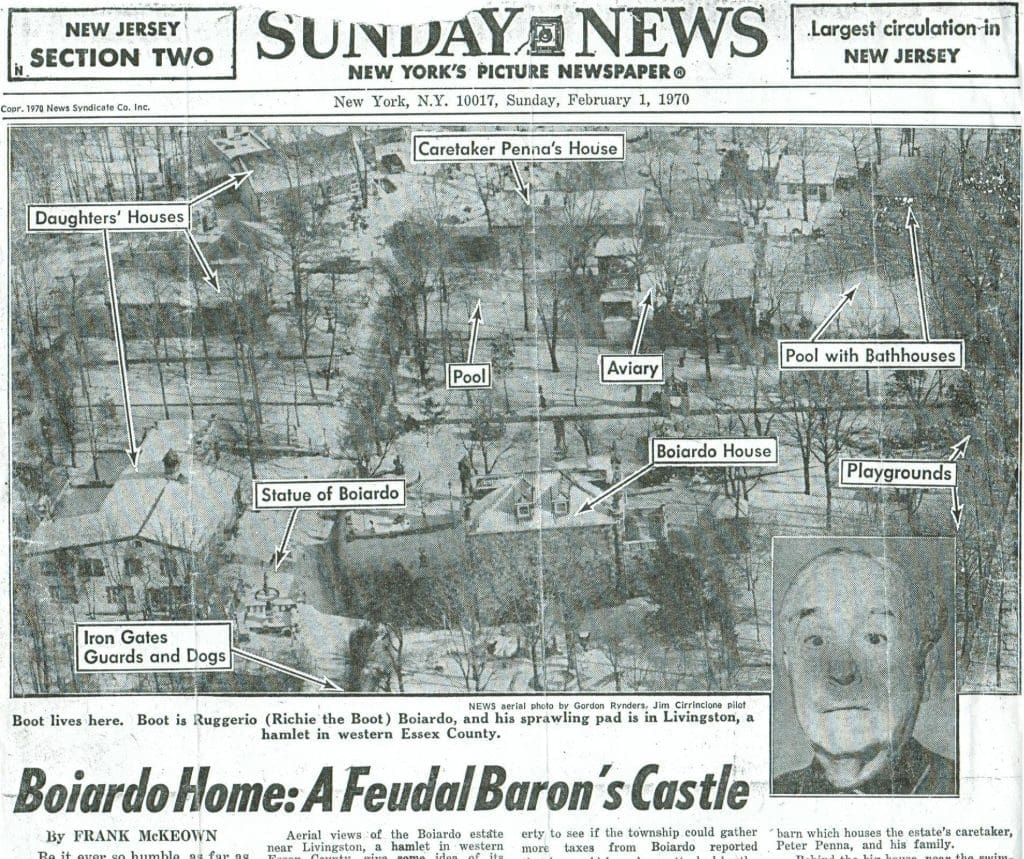
The Boot also had a lot of notable friends. For example, there were people you would maybe expect, like Al Capone. And others you may not have suspected, like Yankees legend Joe DiMaggio, actor George Raft, and a long list of politicians. His association with a particular politician, then Newark Mayor Hugh Addonizio, was a part of the charges that led to Richie being imprisoned and his criminal enterprise falling apart in the late ‘60s. Addonizio would also be sentenced to 10 years, though he was then a New Jersey Governor hopeful.
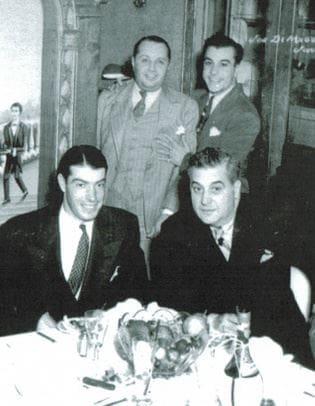
Richie “The Boot” Boiardo’s Pop-Culture Influence
The Boot has arguably had the most significant single influence on the mafia TV/film genre. Two of the most famous productions in this genre, the TV show “The Sopranos” and the book and film series “The Godfather,” are both believed to have used Boiardo’s story as inspiration. Thus, making The Boot a kind of paradoxical pop-culture figure. Let’s see what connections we can draw between him and these two famous productions.
“The Sopranos” Influence
In a 2002 interview, “The Sopranos” creator David Chase said that “90 percent of [the TV show] is made up…” but that parts were modeled after the Boiardo family. For starters, there’s Richie’s fortress-like home with the long driveway located in the suburbs of Livingston, New Jersey. Many draw striking similarities between this home and Tony’s massive estate in North Caldwell. Viewers saw Tony Soprano wander down his long driveway to get his morning newspaper on many occasions throughout the series.
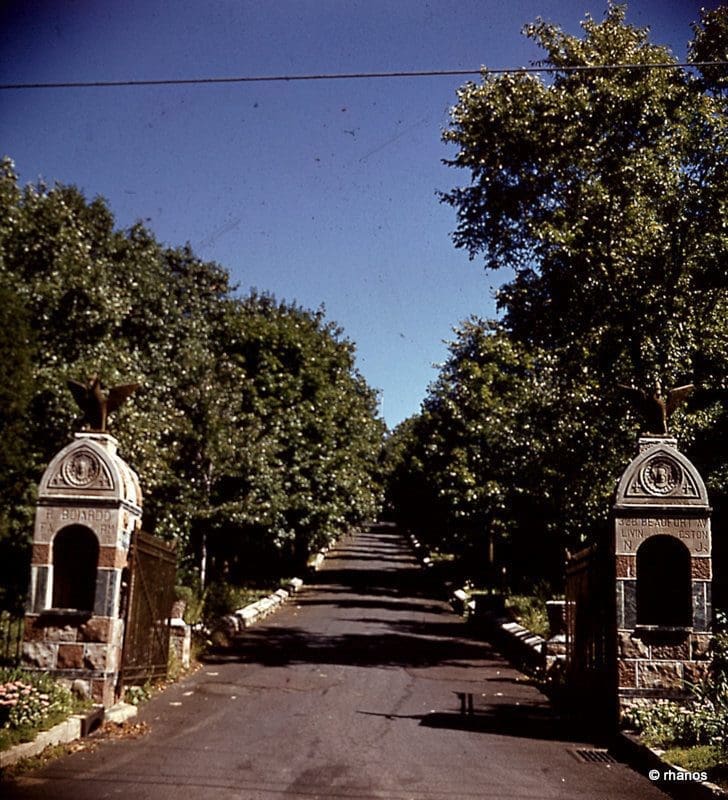
There are also obvious name similarities. Tony Soprano was the main character in “The Sopranos.” Richie’s son went by “Tony Boy.” One of Tony Soprano’s top captains in the show is Salvatore “Big Pussy” Bonpensiero. The Boot’s chief enforcer was John “Big Pussy” Russo. The recent movie, “The Many Saints of Newark,” a spinoff of “The Sopranos” franchise and directed by Chase, is also believed to have been influenced by the Boiardo family. The movie takes place in the ‘60s, during the race riots in Newark, the same time The Boot was running the city.
The Two Tony’s
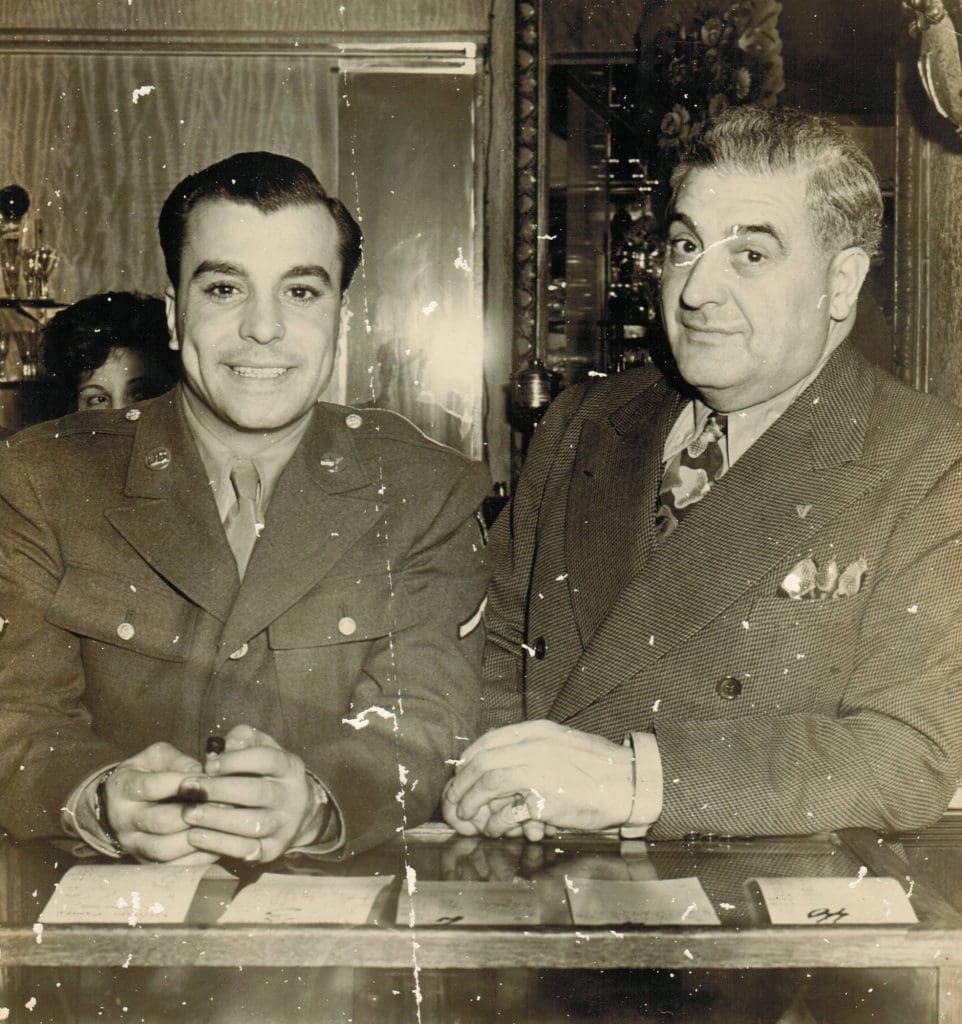
Many critical similarities can be drawn between Tony Soprano and Richie’s son Tony Boy. The backbone of “The Sopranos” was Tony’s frequent sessions with his therapist, Dr.Melfi. Tony Boy is also on record for having seen a therapist for PTSD. He saw his first murder at just 14 years of age. He also struggled with being the son of The Boot and having to run the notorious mafia family. Both also suffered from bad health; Soprano had panic attacks, Tony Boy had ulcers.
Lastly, the context of the two Tony’s becoming boss is eerily similar as well. When Soprano took over, the former boss, his Uncle Junior, was losing his mind a bit, and the family wasn’t in great shape. When Tony Boy took over, The Boot was being investigated by the IRS and was highly paranoid. Their family was also in disarray and would soon crumble.
We’ll never quite know how strong these influences actually were, but it’s hard to argue the Boiardo family didn’t play a legitimate role in the development of “The Sopranos.“
The Real Godfather?
We don’t have any official confirmation that “The Godfather” book or movie was inspired by Richie “The Boot” Boiardo. However, as you begin to connect the dots, the similarities are noteworthy. Believe it or not, The Boot’s home is another crucial similarity here. The estate shares even more resemblance with the Corleone family home in “The Godfather” than it did with Tony Soprano’s. Both looked like an old school fortress, featuring massive gate entryways, and most notably, extensive, prominent gardens. The Boot was so convinced that Vito Corleone was based on him that he named his garden “The Godfather Garden.”
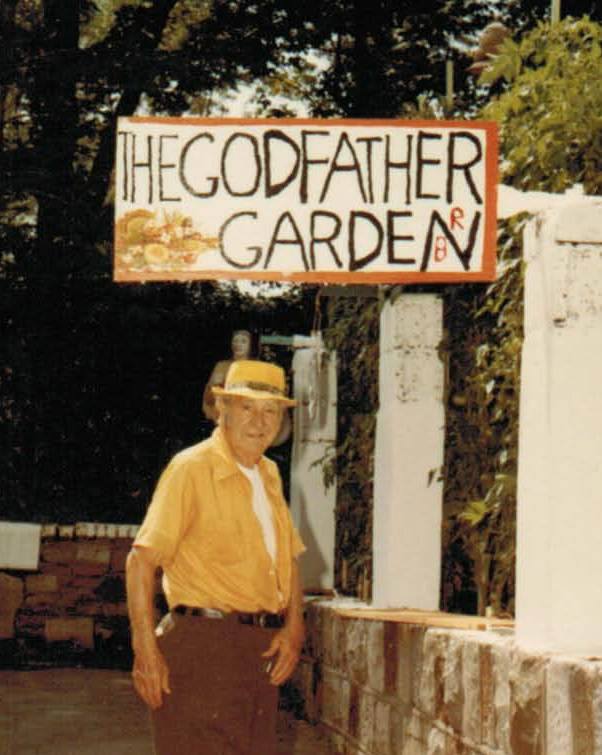
Vito Corleone, like The Boot, immigrated to the U.S. from Italy at the turn of the 20th century. Both rose from humble beginnings to create an underworld empire that they quietly ruled for decades. Vito and Richie also had many influential friends, including top politicians. The wedding of Tony Boy bears some interesting similarities to the book and movie franchise as well. Tony Boy’s wedding had over 15,000 guests, many of high notoriety. Whereas “The Godfather” movie famously starts at the massive wedding of Vito Corleone’s daughter, which also featured some high-powered guests. Of course, much of these potential influences are speculative, but one can’t help but wonder. If The Boot himself agrees, it’s hard to say otherwise.
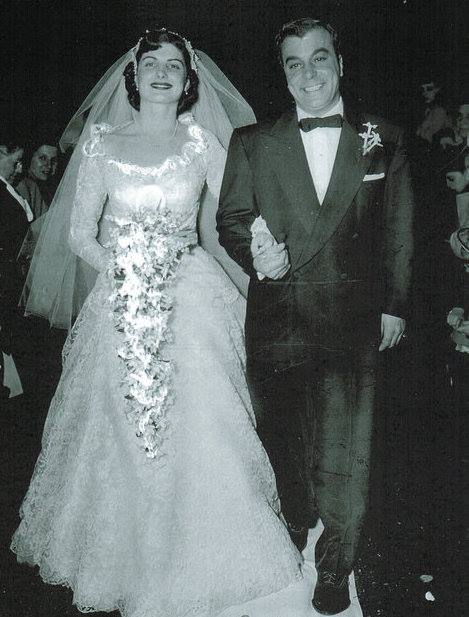
Wrapping Up
If you want to learn more about The Boot, I suggest reading Richard Linnett’s biography “In The Godfather Garden: The Long Life and Times of Richie the Boot Boiardo.” The book is a highly in-depth look into Richie’s life and even features personal accounts of his grandson Roger Hanos. You can also watch this interview with Linnett and Hanos below to learn more about Richie “The Boot” Boiardo.
Main photo courtesy of In the Godfather Garden Facebook page
Garrett is a writer at The Digest. He currently lives in Astoria, NY, and loves writing about topics that make readers think. His passions include film, sports, traveling, and culture.
- Garrett Rutledgehttps://thedigestonline.com/author/grutledge/
- Garrett Rutledgehttps://thedigestonline.com/author/grutledge/
- Garrett Rutledgehttps://thedigestonline.com/author/grutledge/
- Garrett Rutledgehttps://thedigestonline.com/author/grutledge/


